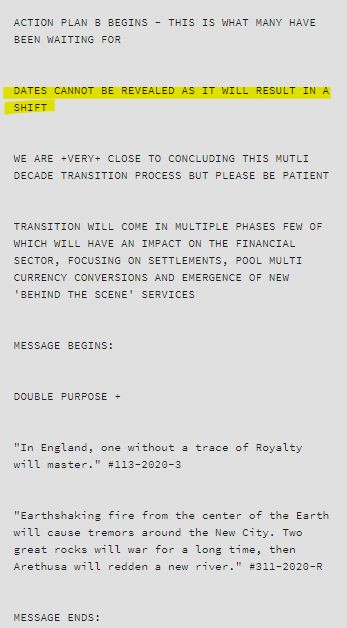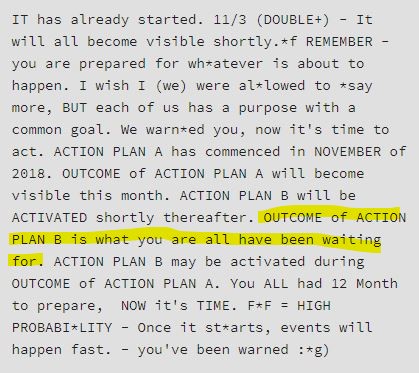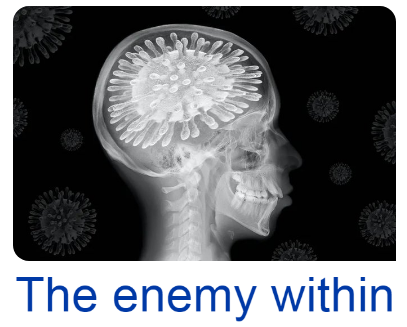This was a novel idea at the time, that you could pluck bits of information out of your mind and the external world and save it in a place you trust and control
1/ Here's the case for making "Curate" the first step in my methodology for personal knowledge management, known as CODE. Instead of "Capture"
C – Curate
O – Organize
D – Distill
E – Express
I\u2019m thinking of changing the C in CODE to Curate instead of Capture
— Tiago Forte (@fortelabs) January 18, 2021
Capture focuses on the mechanical action, which is trivial now
Curate focuses on the Curation Mindset of intentionally choosing what to consume, which is harder than ever
This was a novel idea at the time, that you could pluck bits of information out of your mind and the external world and save it in a place you trust and control
1) from your internal mind (where they cause stress)
2) immediately (before you forget them)
3) thoroughly (because even a single one slipping through the cracks can be catastrophic)
It suggests that if you don't capture something, it will escape, and that will be a bad thing
And if you don't get to it later, that's a good thing. The good stuff always comes back around
More from For later read
Daily Bookmarks to GAVNet 02/12/2021
Quantum causal loops
https://t.co/emX8OxKPl0
#loops #quantum
Large-scale commodity farming accelerating climate change in the Amazon
https://t.co/v3gA7OTP9E
#ClimateChange #forest #farm
Collapsed glaciers increase Third Pole uncertainties: Downstream lakes may merge within a decade
https://t.co/huAma56KeB
#glacier #lakes #ClimateChange
From trash to treasure: Silicon waste finds new use in Li-ion batteries
https://t.co/TkxKFDQMC6
#batteries #treasure #silicon #trash
Quantum causal loops
https://t.co/emX8OxKPl0
#loops #quantum
Large-scale commodity farming accelerating climate change in the Amazon
https://t.co/v3gA7OTP9E
#ClimateChange #forest #farm
Collapsed glaciers increase Third Pole uncertainties: Downstream lakes may merge within a decade
https://t.co/huAma56KeB
#glacier #lakes #ClimateChange
From trash to treasure: Silicon waste finds new use in Li-ion batteries
https://t.co/TkxKFDQMC6
#batteries #treasure #silicon #trash





















